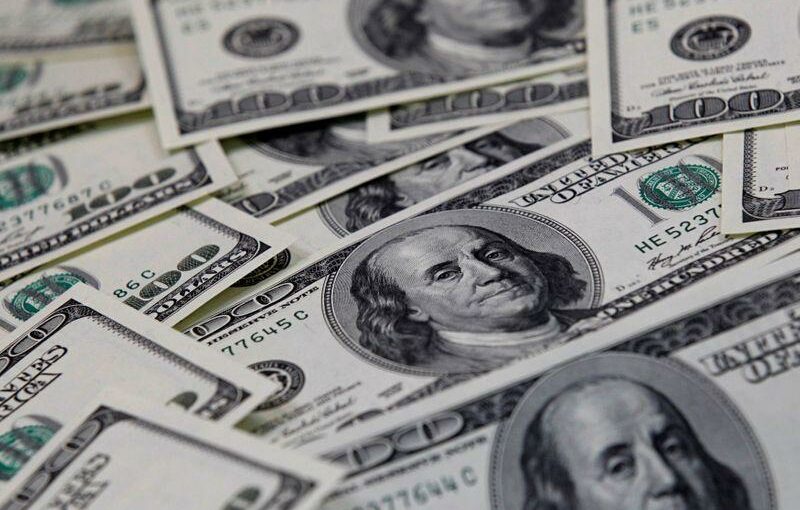TOKYO (Reuters) – The dollar advanced on Wednesday, hitting a four-month high against the yen as U.S. bond yields jumped on the prospects of further economic recovery and a possible acceleration in inflation.
Bitcoin held firm, a day after the cryptocurrency hit $50,000 for the first time, bringing its total market capitalisation to more than $900 billion, as traders bet on its further acceptance among major companies.
The dollar’s index against six other major currencies jumped back to 90.681, from a three-week low of 90.117 hit on Tuesday.
Boosting the dollar was soaring U.S. bond yields, with the 10-year yield rising to 1.331% from around 1.20% at the end of last week.
“The move up in yields has been driven by increasing inflationary concerns amid a rise in energy prices along with the prospect of a big U.S. fiscal stimulus and the global recovery entering a more solid stage as vaccine roll out lead to the reopening of economies,” said Rodrigo Catril, senior FX strategist at National Australia Bank in Sydney.
The yen, which is sensitive to U.S. yields, reacted the most with the dollar jumping to a four-month high of 106.225 yen. It last stood at 106.13 yen.
“I think the dollar’s downtrend is over. At the start of the year, speculators were betting on a fall in the dollar below 100 yen. They seem to have abandoned such a view now,” said Yukio Ishizuki, senior strategist at Daiwa Securities.
The euro slipped slightly to $1.2085 though its fall was less pronounced due to its gains earlier on Tuesday following strong German economic sentiment data.
The New York Federal Reserve’s Empire State manufacturing report released on Tuesday offered an upbeat economic picture, with a rise in its “prices paid index” stoking fear of faster inflation.
That optimism was echoed by St. Louis Fed President James Bullard, who told CNBC that U.S. financial conditions were “generally good,” and that inflation was likely to heat up this year.
San Francisco Fed President Mary Daly, however, said pressures on inflation are still downward, pushing against critics warning low interest rates and government spending could overheat the U.S. economy and spark high inflation.
“Her comments are not resonating with market players preoccupied with inflation at this point,” said Daiwa’s Ishizuki.
The positive mood on the economic outlook is underpinning risk-sensitive currencies.
The British pound held firm at $1.3863, having reached its highest level since April 2018 on Tuesday. Against the euro, the pound traded at its highest level since early May at 87.07 pence per euro.
The Australian dollar stood at $0.7734, down slightly but still not far from Tuesday’s one-month high of $0.7805.
The offshore Chinese yuan also stepped back after hitting a 2-1/2-year high of 6.4010 per dollar and last stood at 6.4269.
Source: Read Full Article
